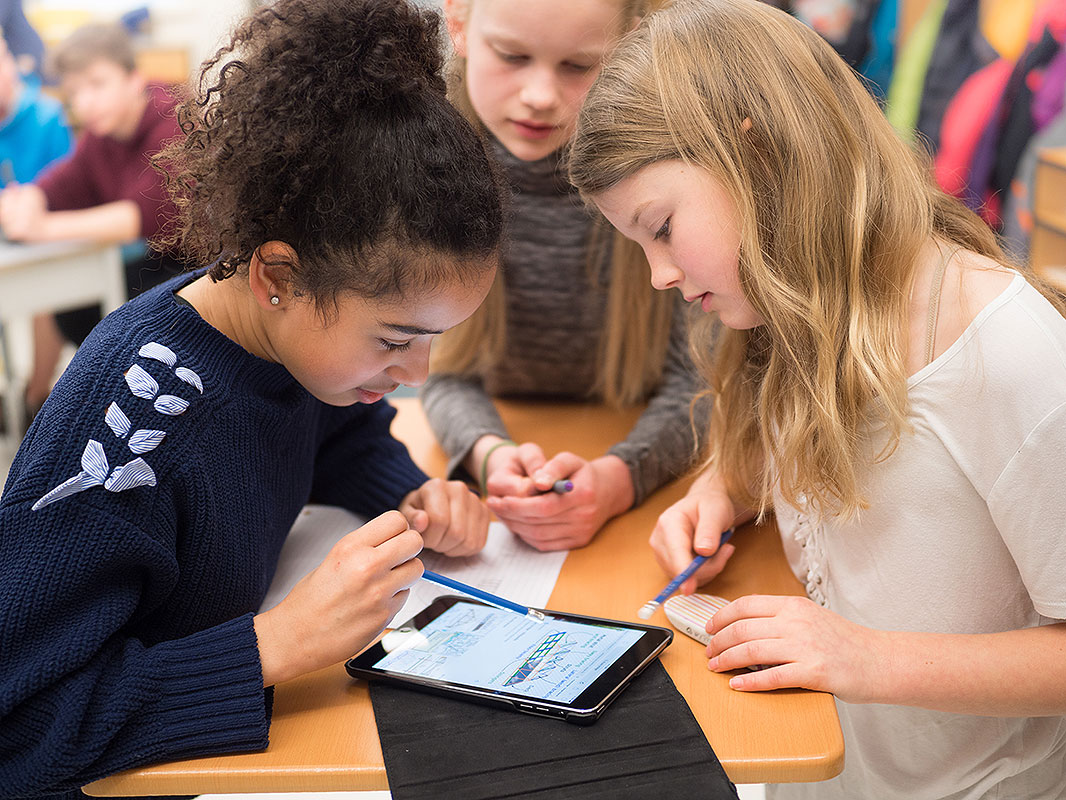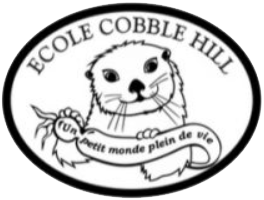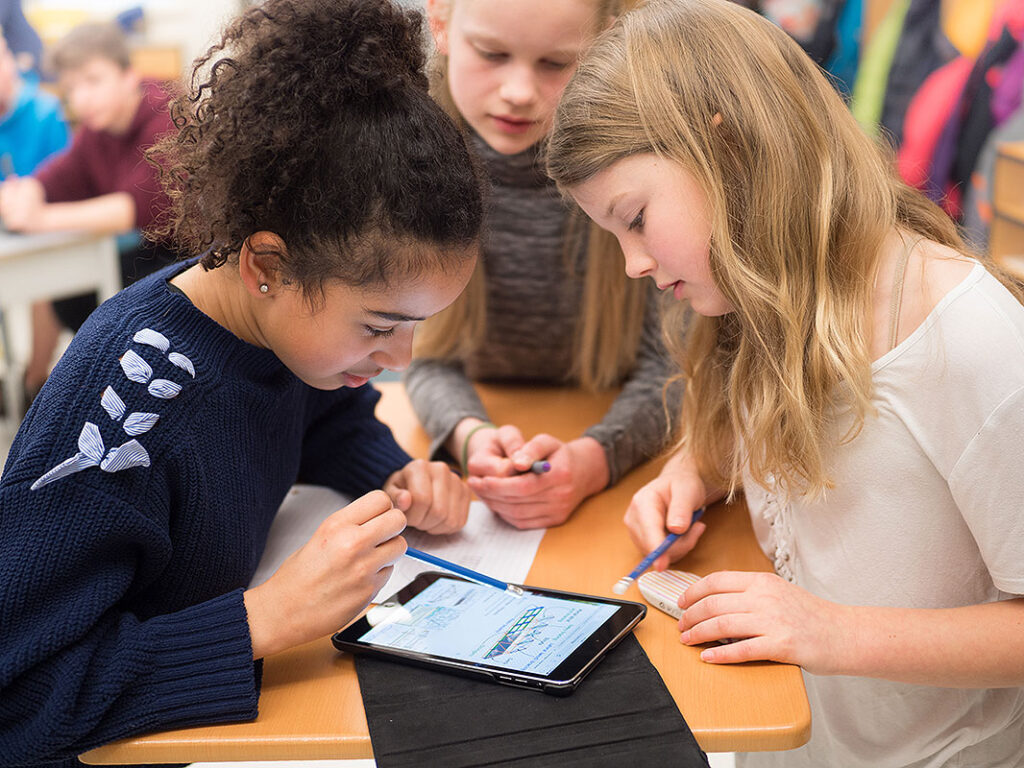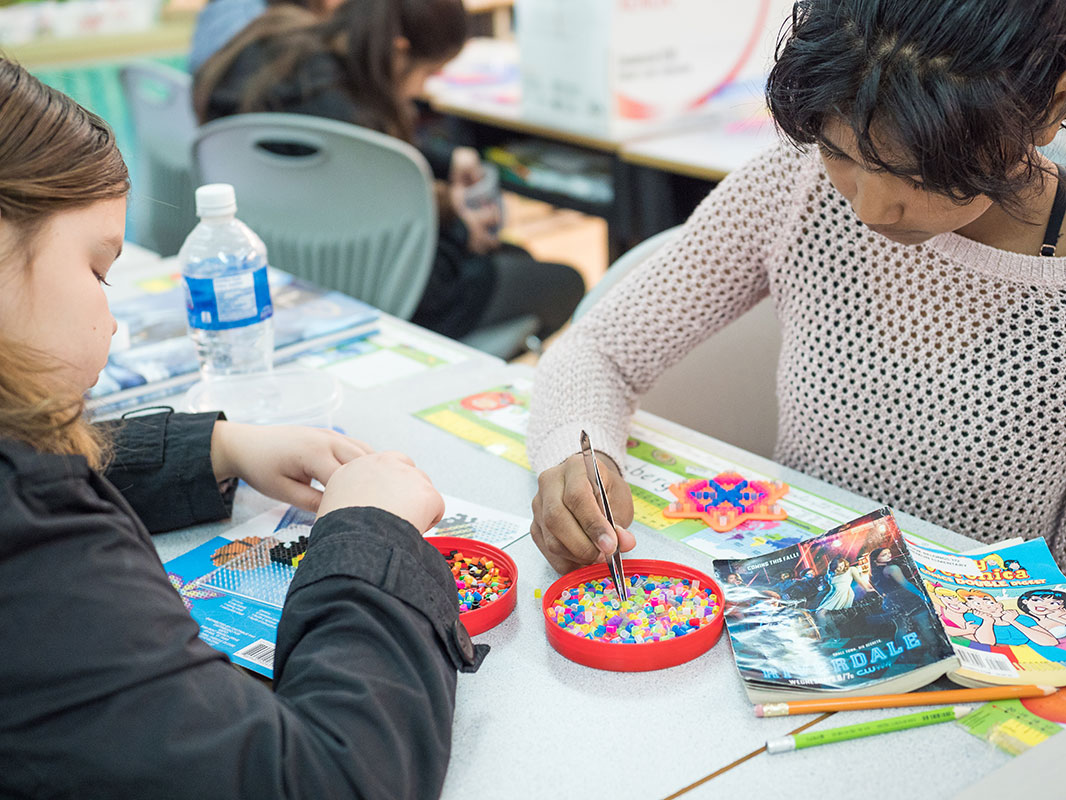Code de conduite / Code of Conduct
The purpose of our School Code of Conduct is to help provide a safe, supportive, and stimulating environment for learning that will enable all students to be successful.
Statement of Philosophy
We expect all members of our school community (staff, students, parents) to treat others with respect, to promote a safe and positive school learning and working environment, to model courtesy, compassion and respect, to say “NO” to bullying, harassment, intimidation, and/or violence, and ask for help when needed.
We believe that everyone working and learning at École Cobble Hill needs to follow the Code of Conduct as we interact with one another. Students and staff are expected to act in a manner that enables everyone to participate effectively in the educational community. At school and when representing your school, the code of conduct will be followed. These expectations also apply to behavior beyond these times (including on-line behavior) that negatively impacts the safe and caring environment of the school, and student learning.
École Cobble Hill promotes the values expressed in the BC Human Rights Code respecting the rights of all individuals in accordance with the law – prohibiting discrimination based on race, colour, ancestry, place of origin, religion, marital status, family status, physical or mental disability, sex or gender identity – in respect of discriminatory publication and discrimination in accommodation, service and facility in the school environment.
As a member of our school community I will:
- Be friendly, caring, kind, and respectful
- Make sensible choices and respect those made by others
- Set personal goals and help others reach their goals
- Celebrate my successes and encourage others to do their best.
Students will be expected to:
- Come to school every day
- Be on time and prepared for classes
- Work to their ability level
- Demonstrate a respect and acceptance of the rights of others
- Resolve conflicts in a peaceful way
- Respect others’
- personal space and belongings
- Respectfully listen to noon-hour supervisors, secretaries, bus drivers, EAs, parent volunteers, teachers teaching-on-call (TTOC), teachers and principals.
- Say NO to bullying, harassment, intimidation and/or violence
- Use appropriate language and communicate respectfully with each other at all times (Swearing, lying, misleading, taunting, teasing, name calling and put downs are NOT acceptable).

Additional School Policies
Cell Phones
Students have no need to use cell phones while on school property. It is also deemed that the use of personal electronics may hinder student education by disrupting instruction or causing unnecessary grief when the these devices are lost or stolen. Therefore, we request that if students need to communicate with parents/guardians, they do so through the use of the office phone. If for some personal reason, your child needs to take a cell phone to school for after-school use, please remind your child that the device needs to be either submitted to the care of their teacher (if requested by the teacher) or stowed on silent mode in their backpacks until after the dismissal bell and off of school property Offenders of this policy will have their electronic device held at the office until the end of the school day. Repeated offences of this rule will result in the device being held in the office for pick-up by the parent/guardian in person.
Games and Toys
Students must leave all toys, including electronics and cards such as Pokemon, at home. If a student is using any of the above-noted items during school time, they will be asked to stow them in the backpacks to take home and parents will be contacted at the discretion of the teacher if it becomes problematic. We have an abundance of playground equipment for students to play with during recess so there is no need for children to bring their precious items from home.
Playground Rules
- Students are to take pride in École Cobble Hill and show respect by cleaning up after
themselves and respect school property. - Students will follow the instructions of all supervising adults.
- Rough play such as tackling, wrestling, shoving, or grabbing is not permitted.
- Students will stay within designated play areas. Unless under direct supervision by an adult,
students will not play in the parking lot, in the forested area, or off of the school grounds.
Students will not climb trees located on or near the grounds to protect our delicate
vegetation. - Climbing will be limited to designated climbing structures.
- Students are expected to show respect for others. This includes taking turns and
sharing, and inviting others to join in. Bullying, intimidation, fighting, racial slurs,
gender slurs, cruel teasing (taunting), aggressive play, swearing and overt defiance are NOT
acceptable behaviours at École Cobble Hill. - Students will not use objects in a dangerous manner, including but not limited to rocks, bark,
branches, sticks, pine cones, broken glass, scissors, etc. - Students will leave unsafe objects at home such as toy guns, knives, multi-tools, and hard
balls (i.e. lacrosse, baseball, field hockey, hockey pucks). - During the winter, snowball throwing or face washing is not permitted.
- Students are to line-up quickly and quietly when the bell rings.
- Students will use crosswalks when crossing the parking lot, and to enter or leave
school grounds. - During school hours, students will not leave the school or playground for any reason
without direct supervision, or unless they have a note signed by their
parent/guardian, giving them permission to do so. - If a ball should go out of the school grounds, students will get permission from a
supervisor/teacher before going to retrieve it (over the fence, the parking lot, etc.).
NO STUDENT HAS THE RIGHT TO INTERFERE WITH THE LEARNING OF OTHER STUDENTS
NO STUDENT HAS THE RIGHT TO INTERFERE WITH THE TEACHER’S ABILITY TO TEACH
Please Note: Bullying is defined as persistent unwelcome behaviour, mostly using unwarranted or invalid criticism, psychological or mental aggression, nit-picking, fault-finding, also exclusion, isolation, being singled out and treated differently, being shouted at, or humiliated.
Solving Problems at School
School staff will respect the individual differences of students and respond to each situation according to the student’s age, maturity, capacity and past conduct.
Standards of conduct and behaviour are explained, practiced and reviewed throughout the year. In case of misconduct or misbehaviour, a procedure similar to the following will be documented:
1. Discuss with students what happened.
2. Help them take ownership of their role.
3. Help them find ways to solve the problem.
4. Ensure everybody’s dignity remains intact.
5. Make restoration and/or apologies when necessary and possible.
Every effort to support students and to determine the root causes of disrupting or inappropriate behavior will be made. If the safety or educational program of others is compromised, or if there is an ongoing failure to meet the expectations of the Code of Conduct, one or more of the following consequences may be applied. These may include, but are not limited to, the following:
- Time-out
- Phone call to parents
- Email to parents
- Meeting to discuss the problem
- Referral to school administrators
- Replacement or repair of damaged property
- Writing about the incident
- Temporary loss of playground privileges
- Walking with a noon-hour supervisor
- Referral to counselor (after consultation with parents/guardians)
- Loss of privileges such as field trips, school-sponsored extra-curricular events
- Restricted school hours
- In-school suspension
- Out of school suspension
- Actions directed by district policy and regulations
- Actions directed by Criminal Code
Consequences will be based upon the type and frequency of the behavior. If a student is being sent to see the principal or vice-principal, the teacher will ensure that:
- students know the reason why this step was taken
- parents/guardians receive a call or email to discuss the incident
Students are also expected to demonstrate high standards of work habits:
- Arriving to school and class on time.
- Being prepared with the necessary supplies and materials.
- Completing all in-school and homework assignments.
Social Emotional Learning Framework
We believe it is important to provide students with problem solving strategies as well as positive role models. The Zones of Regulation, Ready for Respect, and CALM curriculum programs support students in their journey to becoming fully active and responsible citizens. Students will use the colour system (identified in the Zones of Regulation and Ready for Respect programs) in younger grades, moving to more comprehensive vocabulary in the upper grades to develop a sense of what responsible behaviour is.
These steps will be established, taught, reviewed and reinforced continuously throughout the year. Every child has the right to learn!



